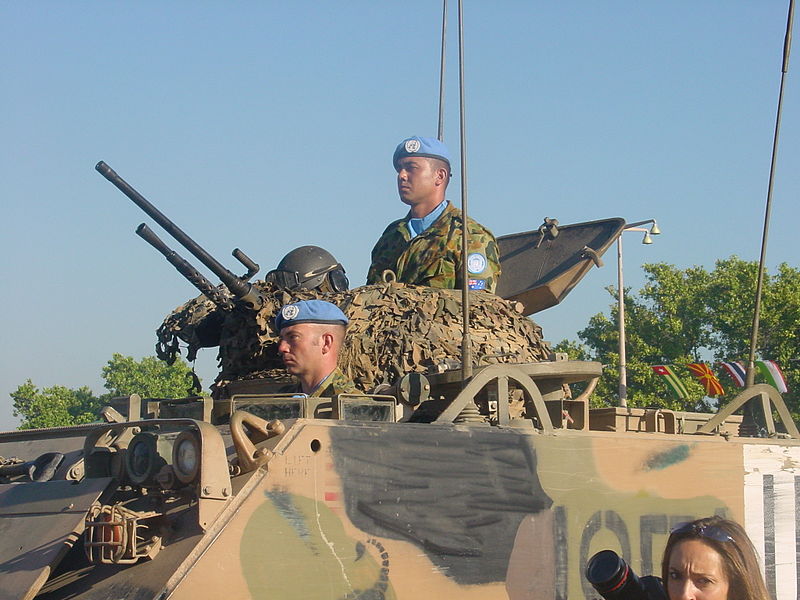 In thinking about whether Australia is a middle or pivotal power, Damien Kingsbury asks the best question: what would happen if Australia were to disappear? Andrew Davies provides an intelligent, thought-provoking response but I think he understates the impact of Australia’s hypothetical absence from the international community.
In thinking about whether Australia is a middle or pivotal power, Damien Kingsbury asks the best question: what would happen if Australia were to disappear? Andrew Davies provides an intelligent, thought-provoking response but I think he understates the impact of Australia’s hypothetical absence from the international community.
Davies rightly points out Australia’s pivotal roles in intelligence cooperation and stabilisation/disaster relief operations in the region but, at the risk of extending the thought experiment too far, there are at least three other areas where I think Australia’s absence would have significant consequences: multilateral forums, trade and overseas development assistance.
Especially in the past year, Australia has proven its central role in several of the world’s major forums, the best example of which is its leadership role on regulating small arms. Not only was it an Australian that chaired the final Conference on the Arms Trade Treaty—leading to the first international treaty on the issue—but it was under Australia’s presidency that a historic Security Council Resolution was passed on the same issue. It’s always hard to argue a counter-factual but it’s equally difficult to imagine such progress without the concerted effort that Australia has made on this issue.
Were Australia to disappear, the ripple effects would encompass much more than commodity prices too. A sharp reduction in the availability of key commodities such as coal, iron ore and wheat would affect livelihoods and industrial capacities like manufacturing and energy production. Where would China be, for example without the nearly $40 billion worth of iron ore we export to them each year? How would Indonesians cope without the more than 400,000 tonnes of wheat they import from us every month? Australia’s centrality to the economies of these pivotal powers surely suggests it is pivotal itself.
Finally, as Anthony Bergin points out in his original post, Australia is one of the world’s leading providers of overseas development assistance. The removal of just over $5 billion worth of assistance (the ODA budget for the last financial year) would have a significant impact on the livelihoods of millions in our region. Health and education standards would suffer, infrastructure projects would lack funding and capacity-building programmes would cease, leaving numerous countries and their citizens noticeably worse off.
To be sure, I don’t want to overstate the case. Australia is far from being a great power, nor is it even a regional hegemon outside the South Pacific. Yet hegemony is a traditional conception of power encompassing a relatively narrow view of military and economic might. Such conceptions are increasingly irrelevant, however, in a globalised world where soft/smart power is arguably just as influential and where coalitions and multilateral forums—either formal or informal—are the central sites for international relations. Indeed, the very fact that the other members of MIKTA saw fit to include Australia surely signifies that they—all pivotal powers themselves—view Australia as an equal? In other words, the perception of Australia’s standing in the international community might just be as important as the reality, however that may be defined.
If we add all this together with the issues that Davies has already highlighted, a picture starts to emerge of Australia as having a major role in a broad range of areas, from intelligence and international security to trade and development assistance. Few countries can lay claim to having (and being seen to have) such depth and breadth of influence as does Australia, which for me makes Australia a pivotal power.
Cameron Bruce is the Youth Outreach Coordinator for the Australian Institute of International Affairs (NSW) and Co-Founder of the Sydney International Young Professionals Network. Image courtesy of Wikimedia Commons.

